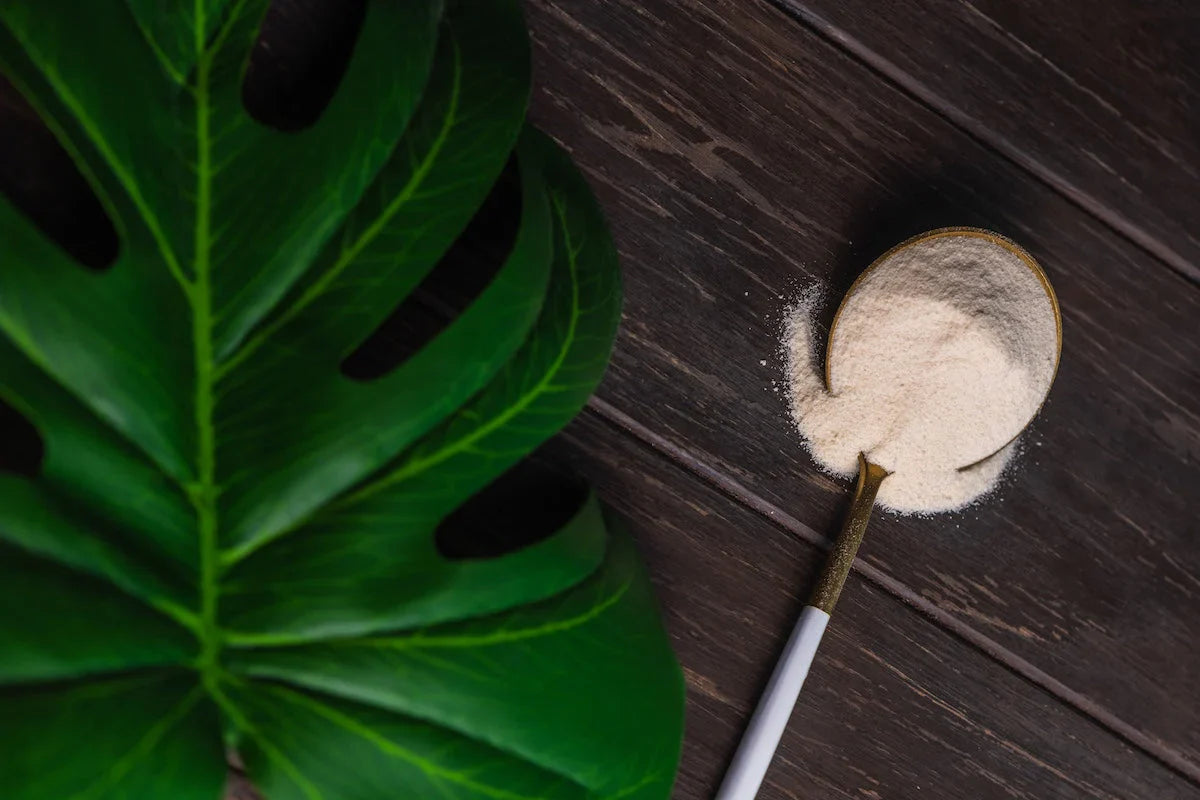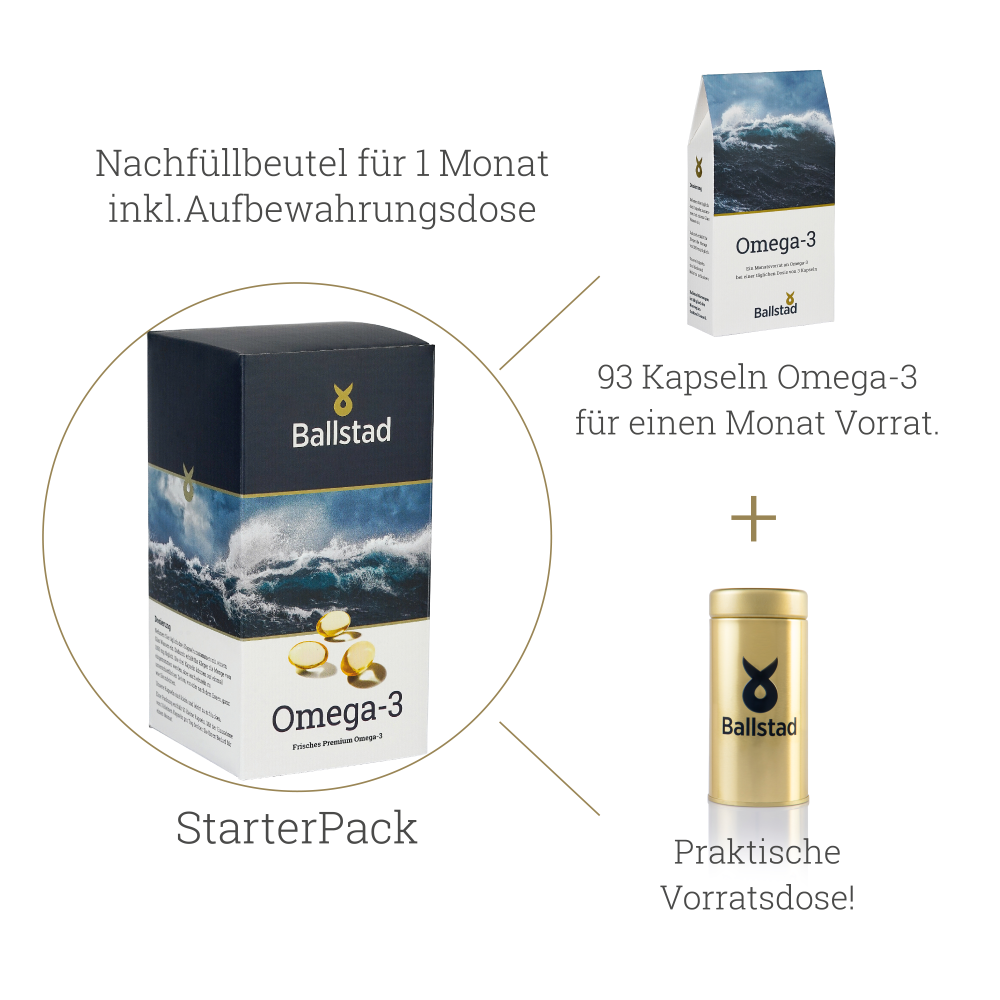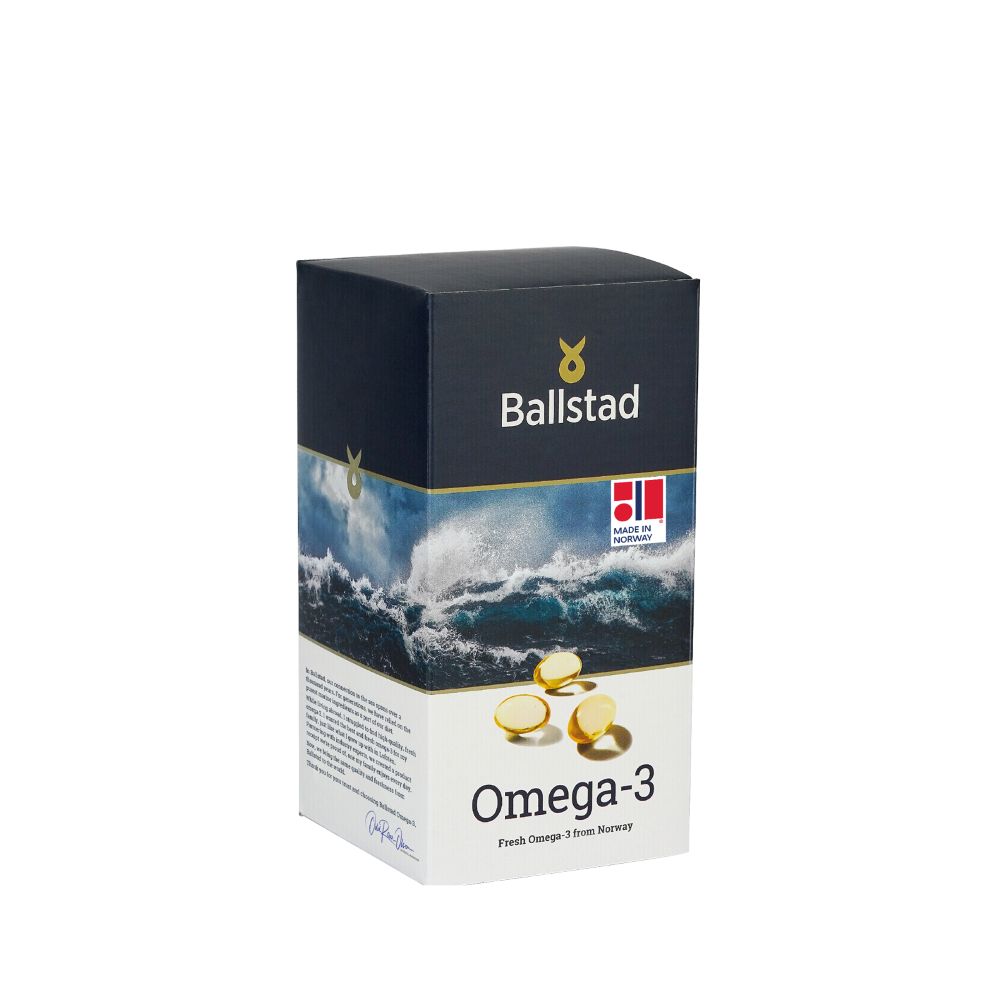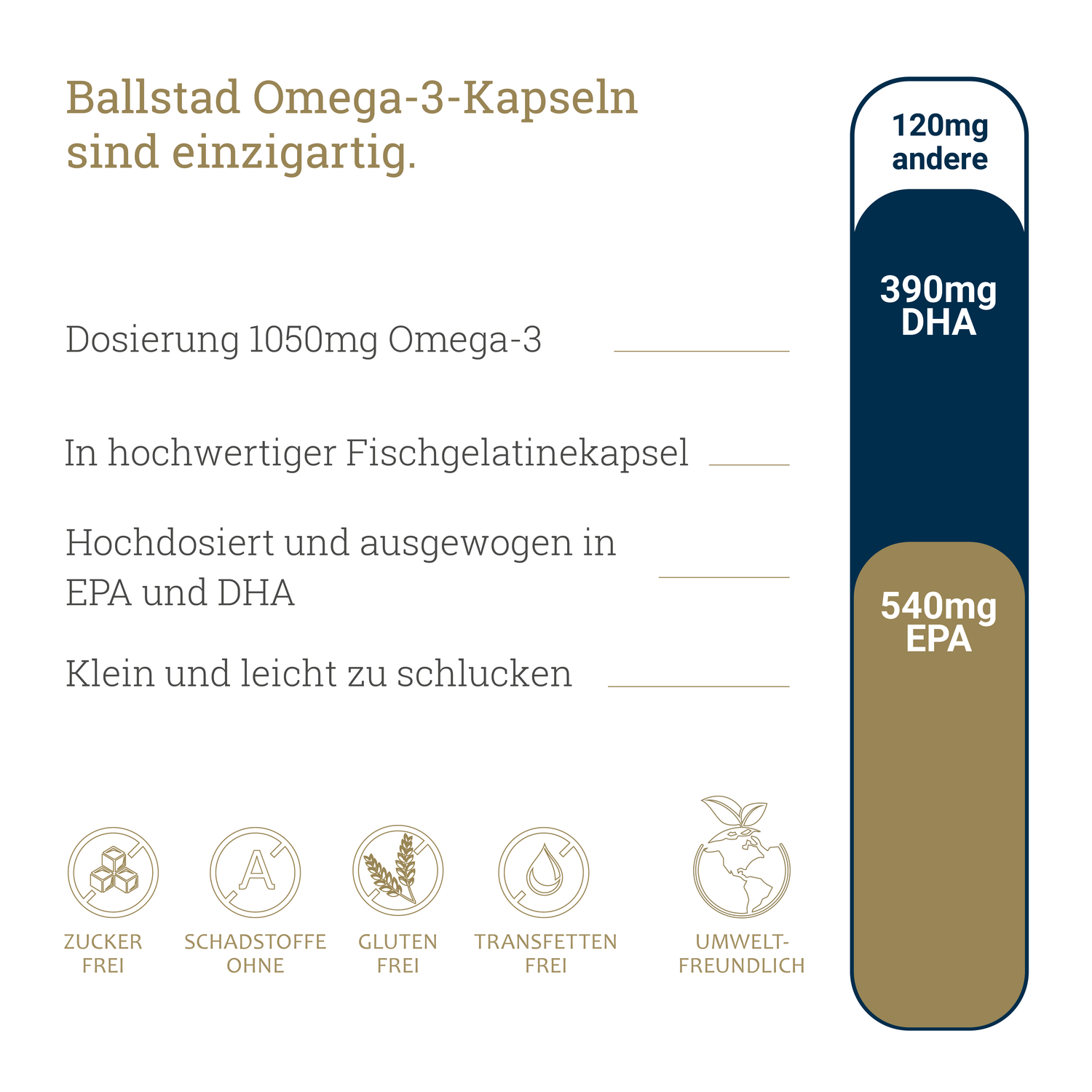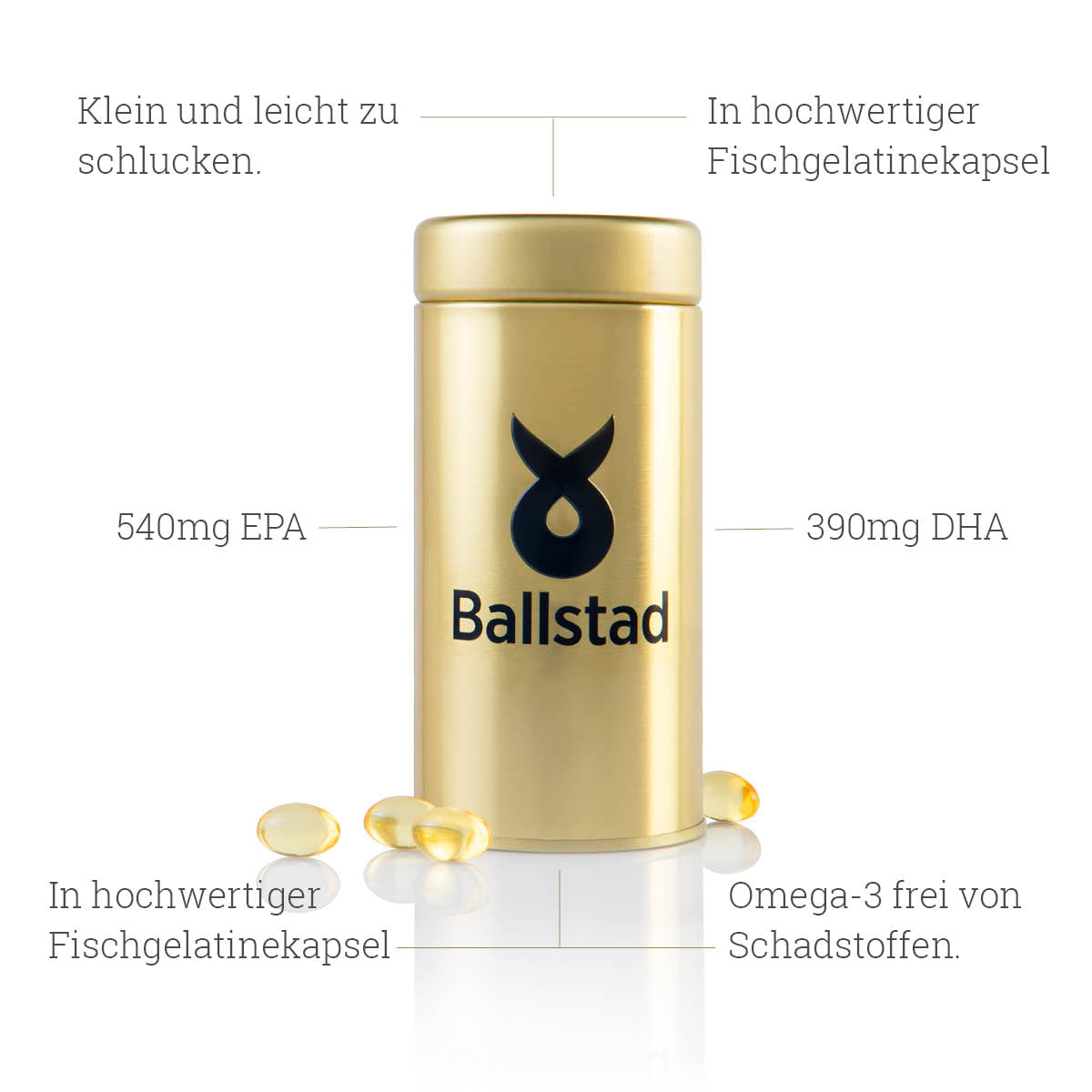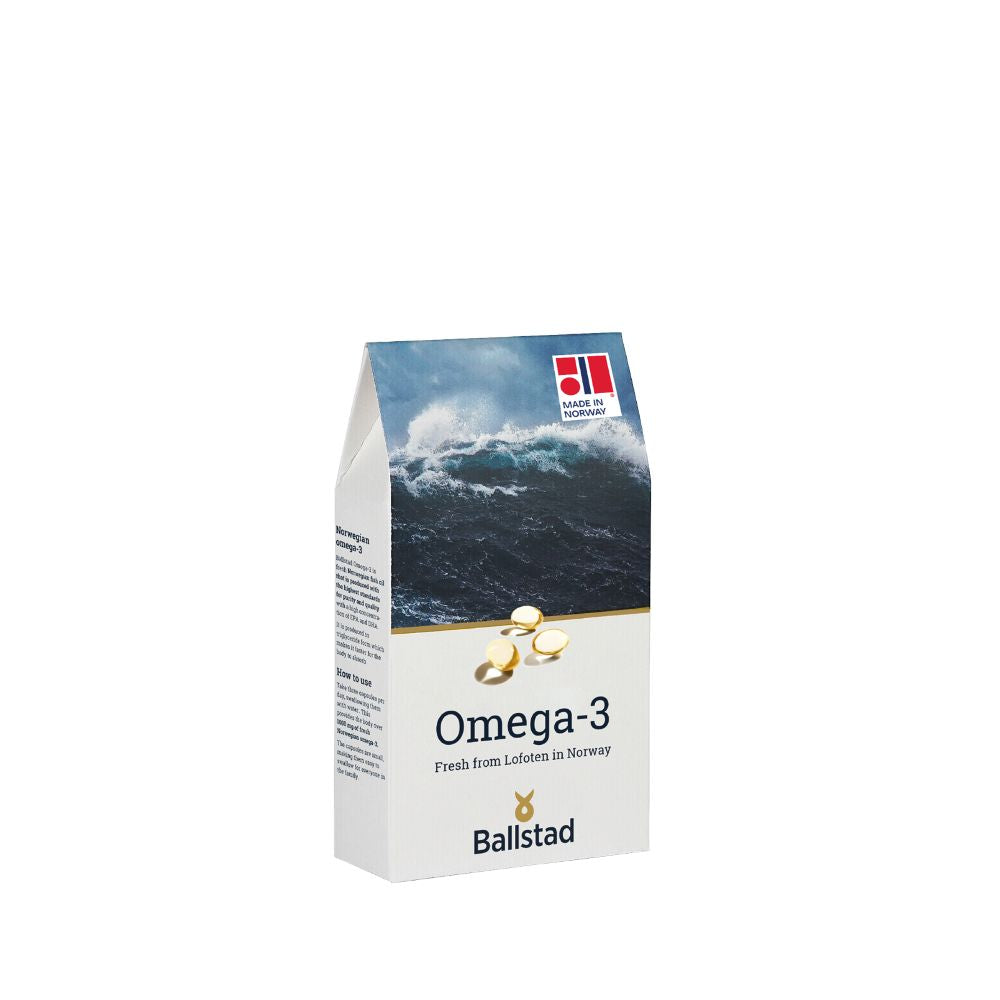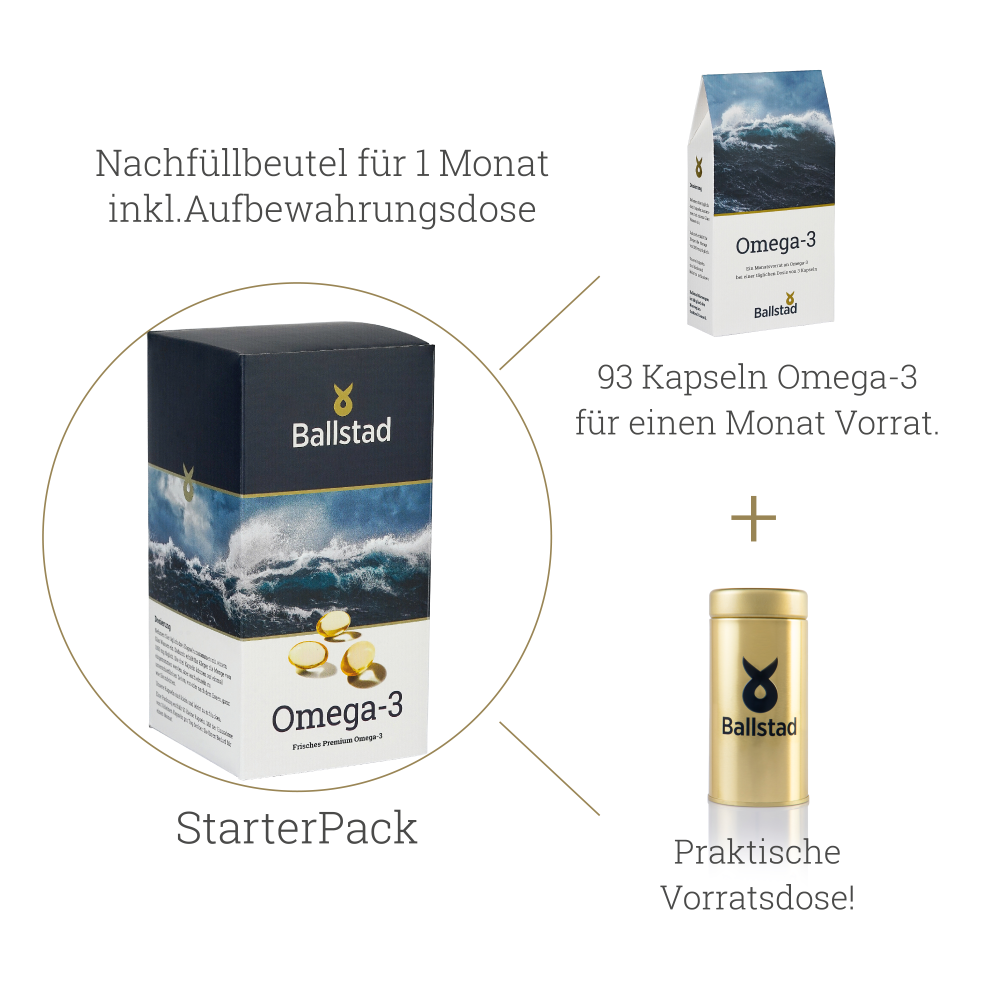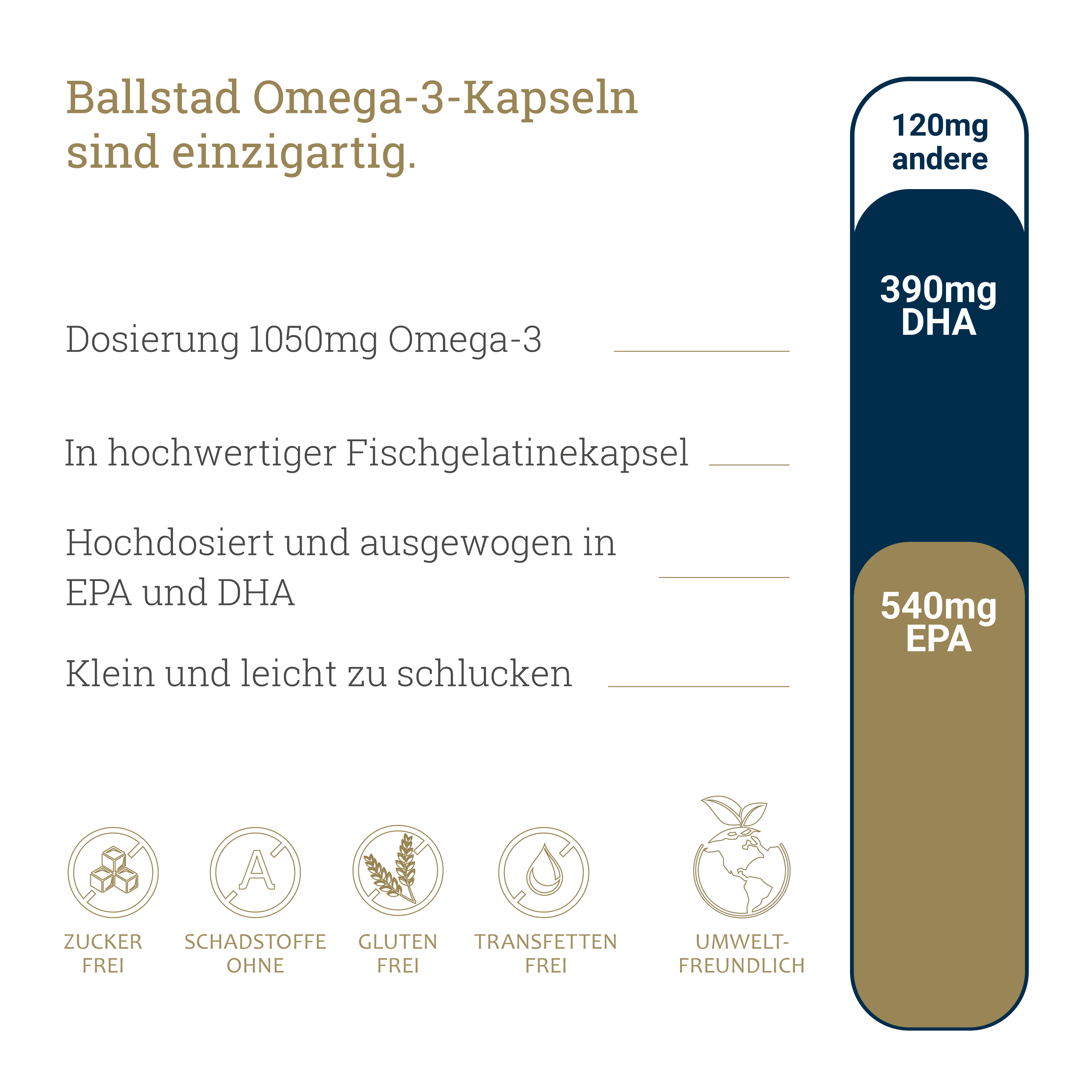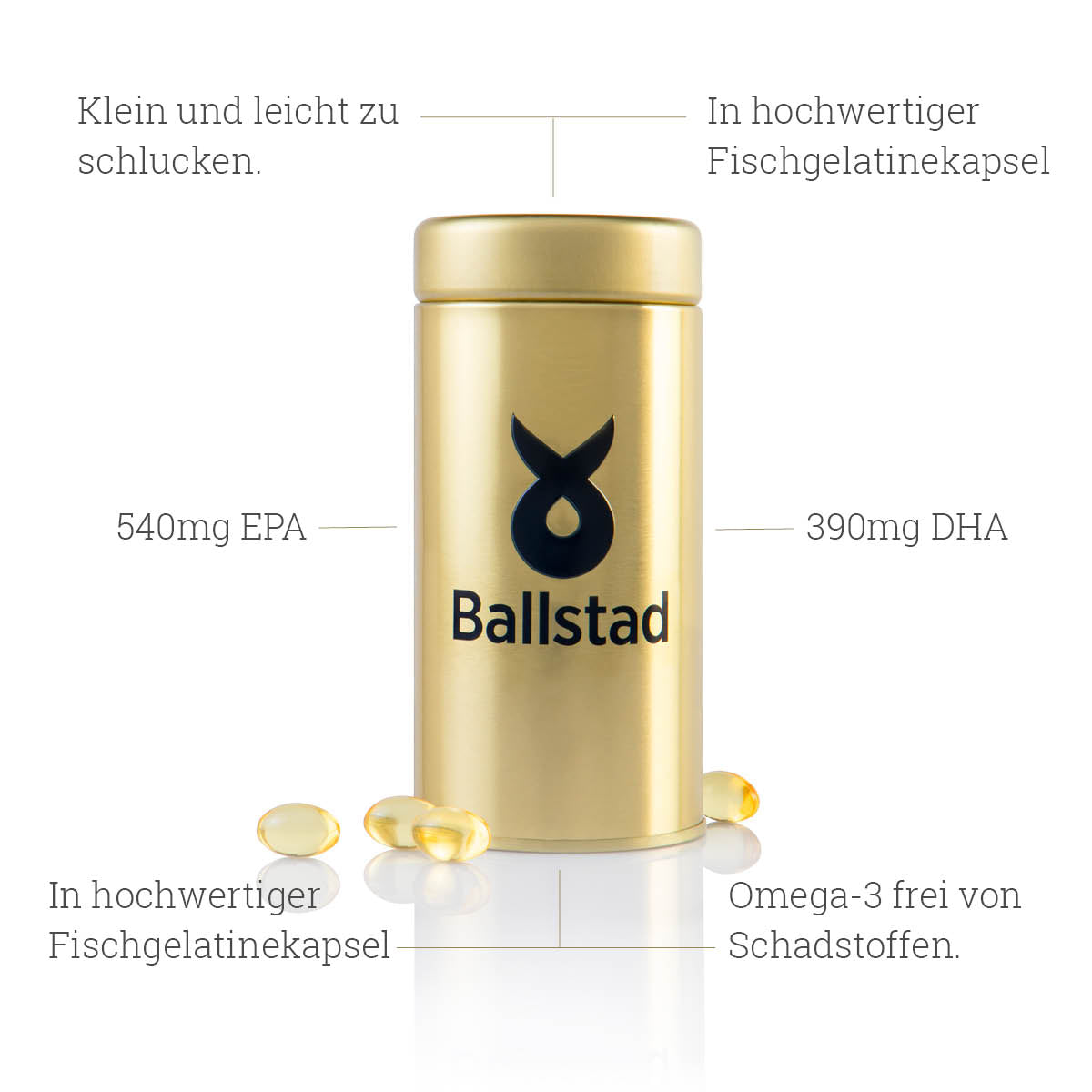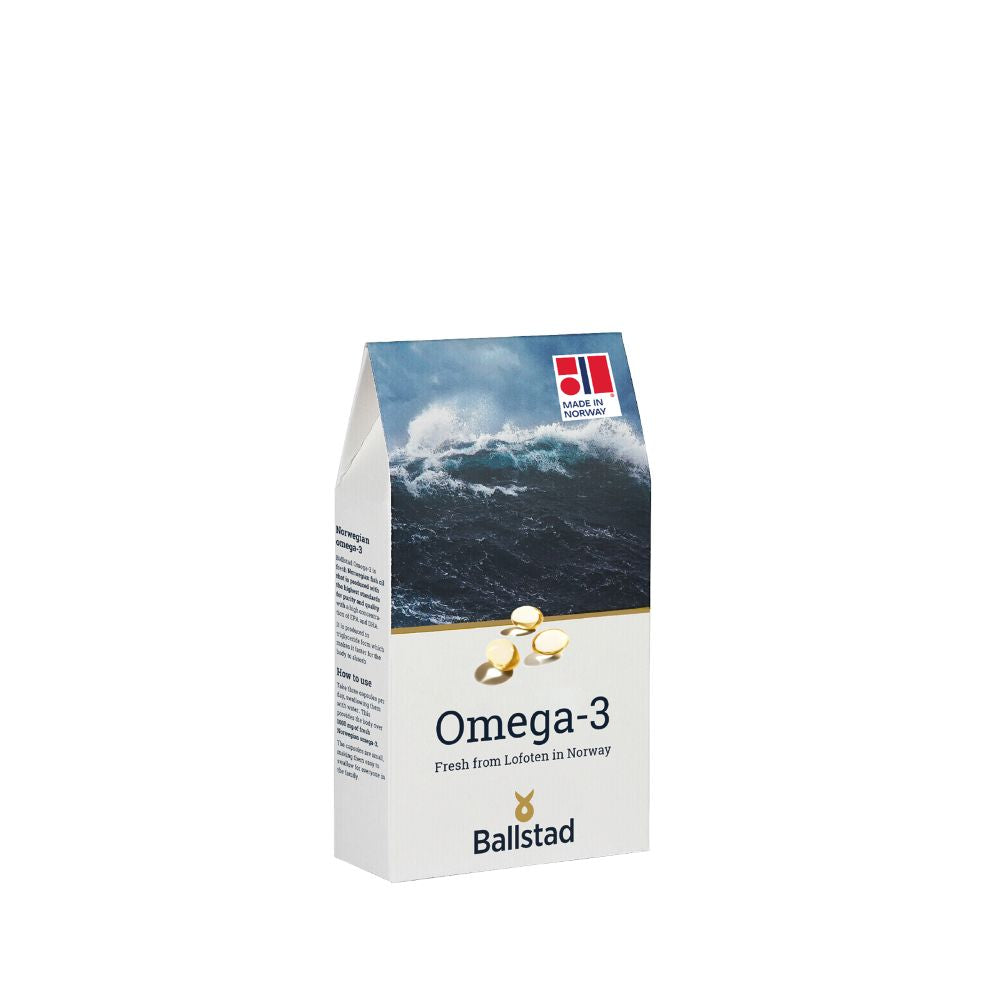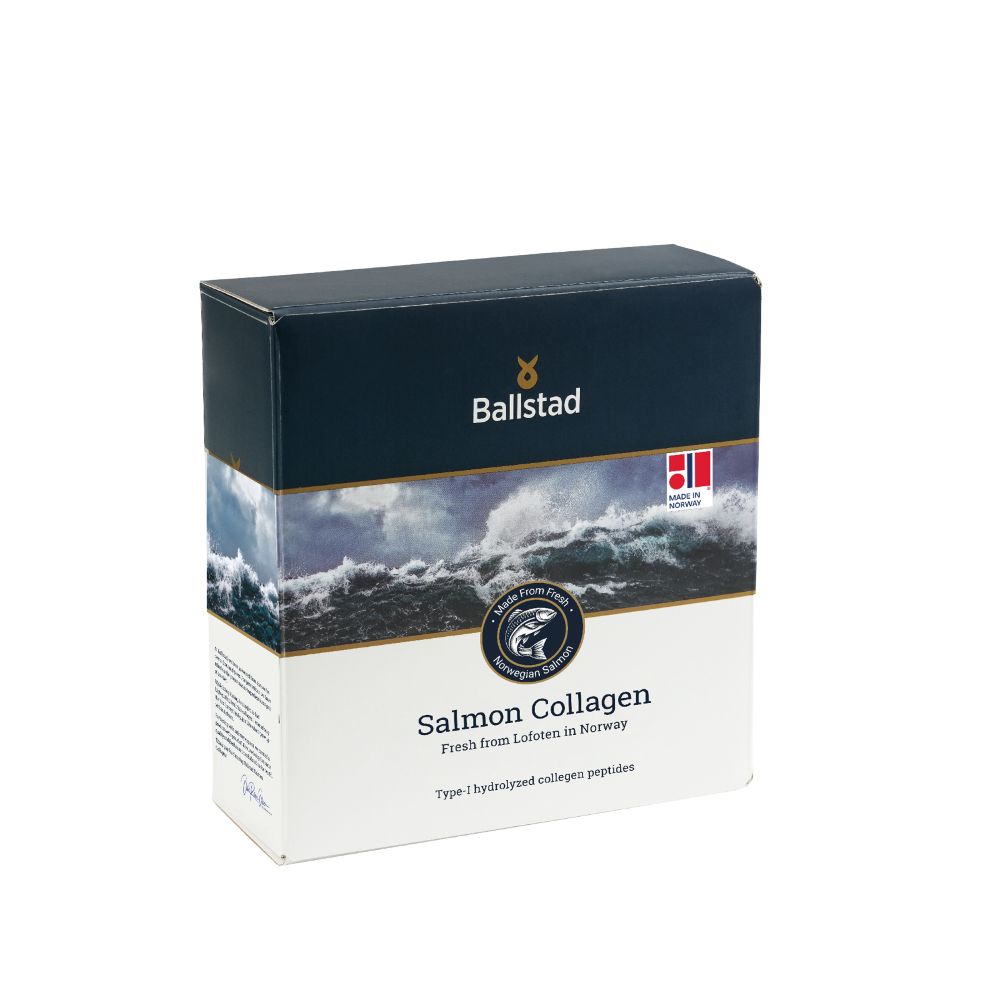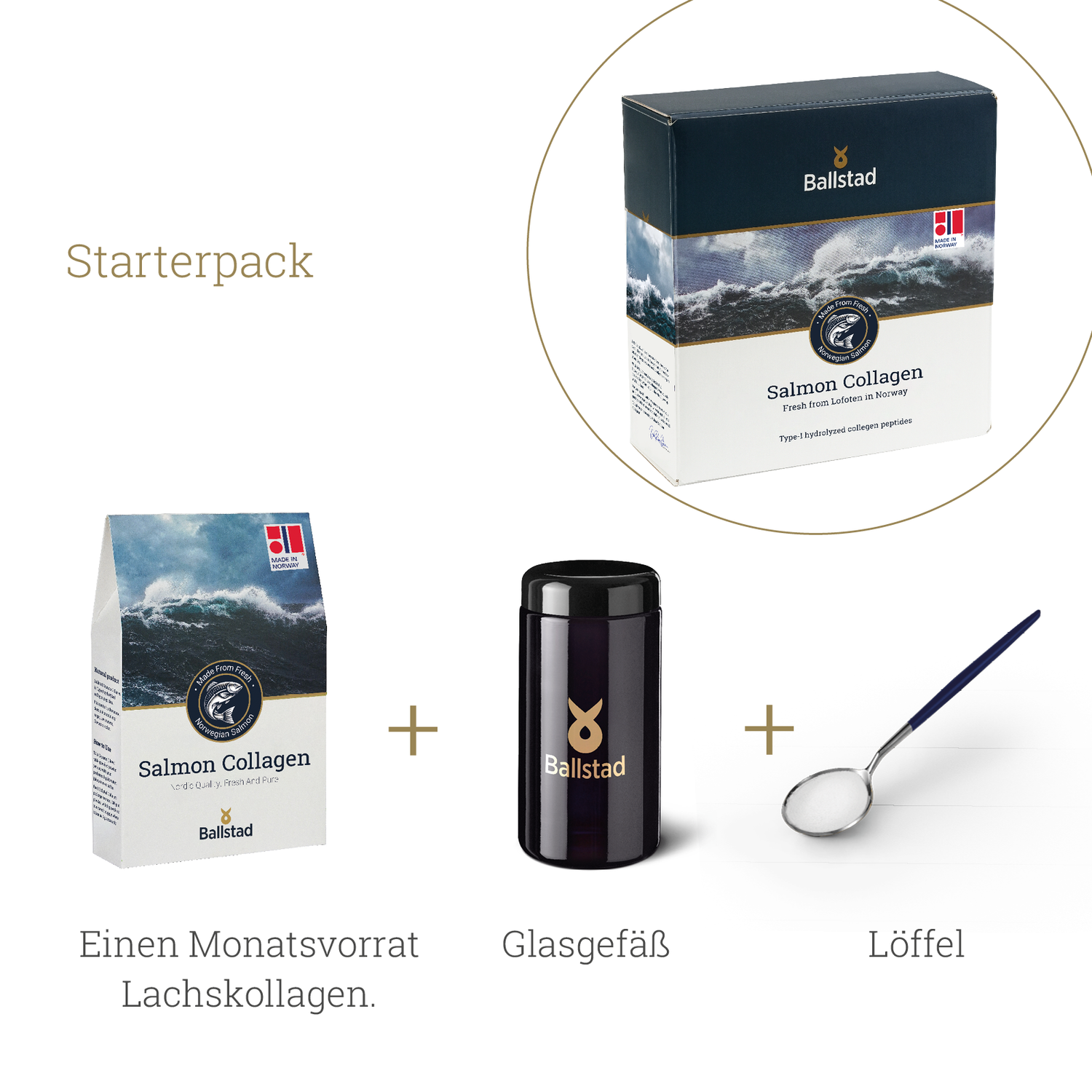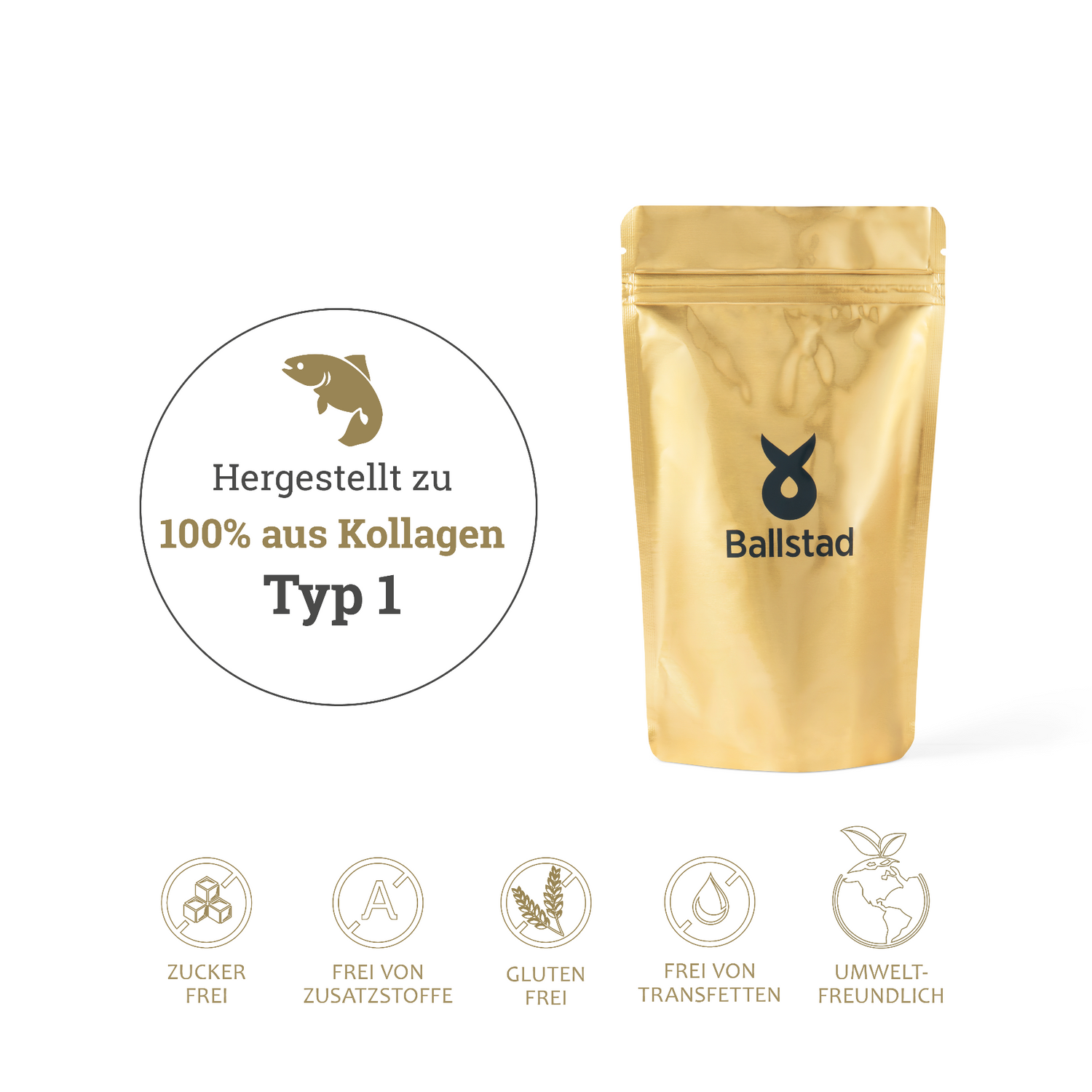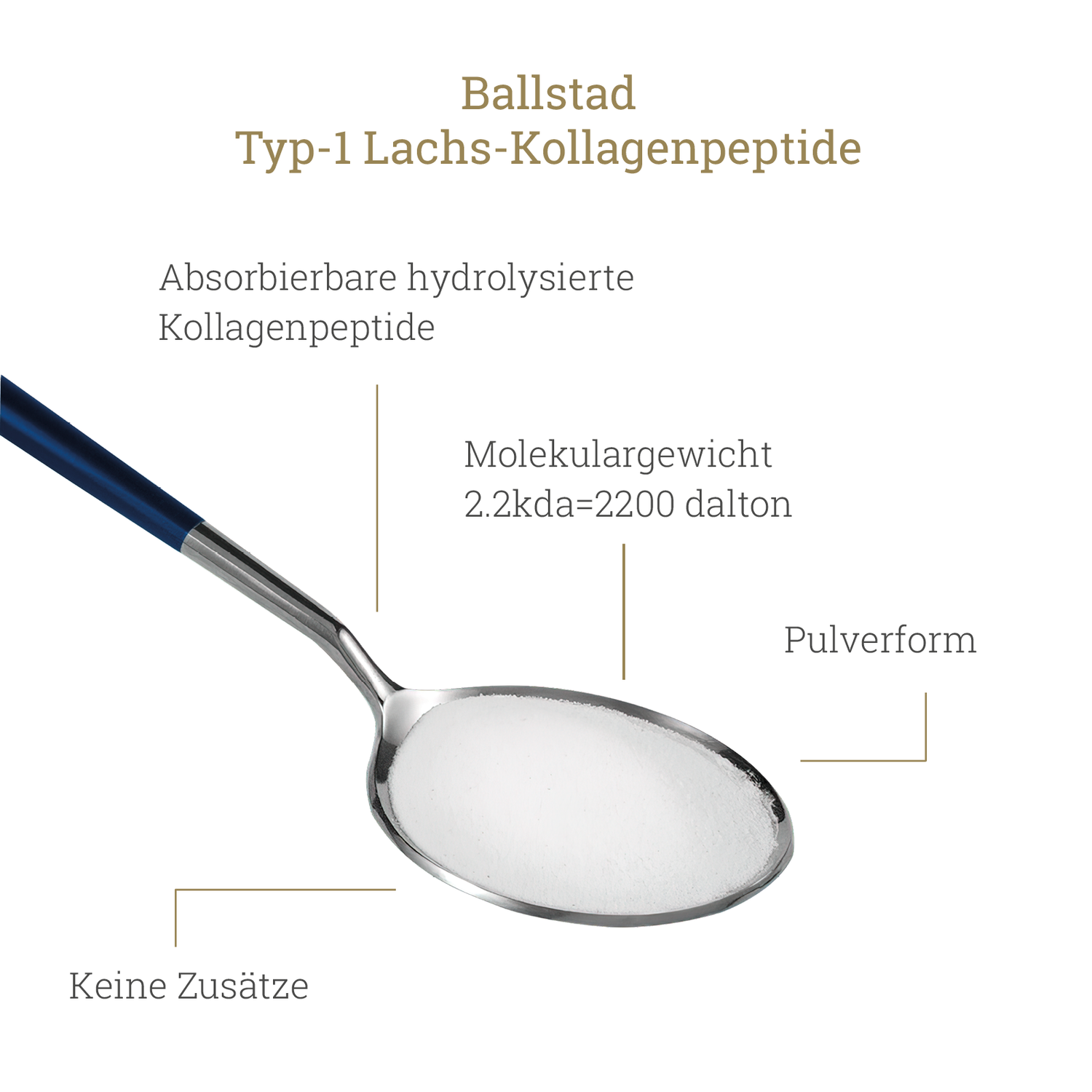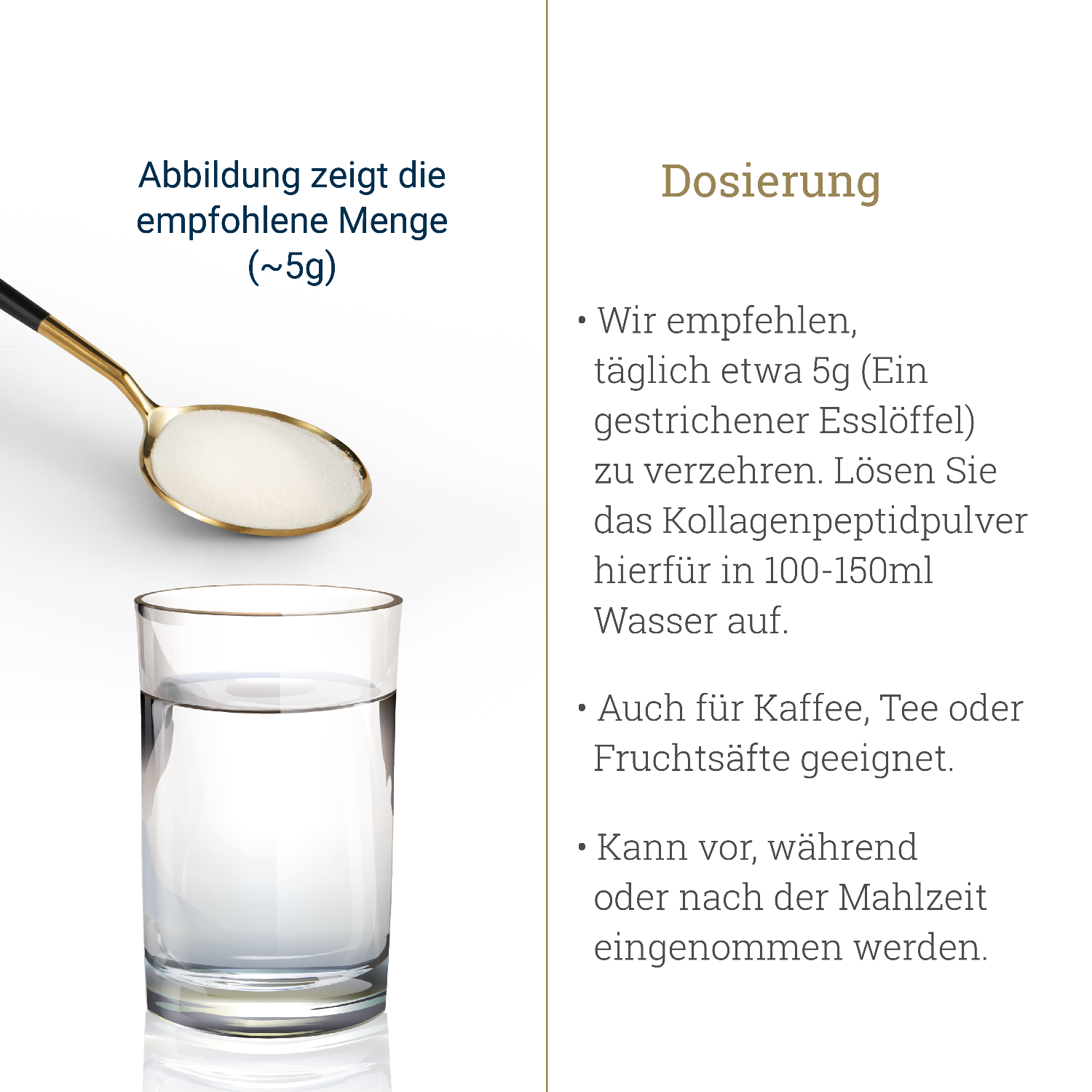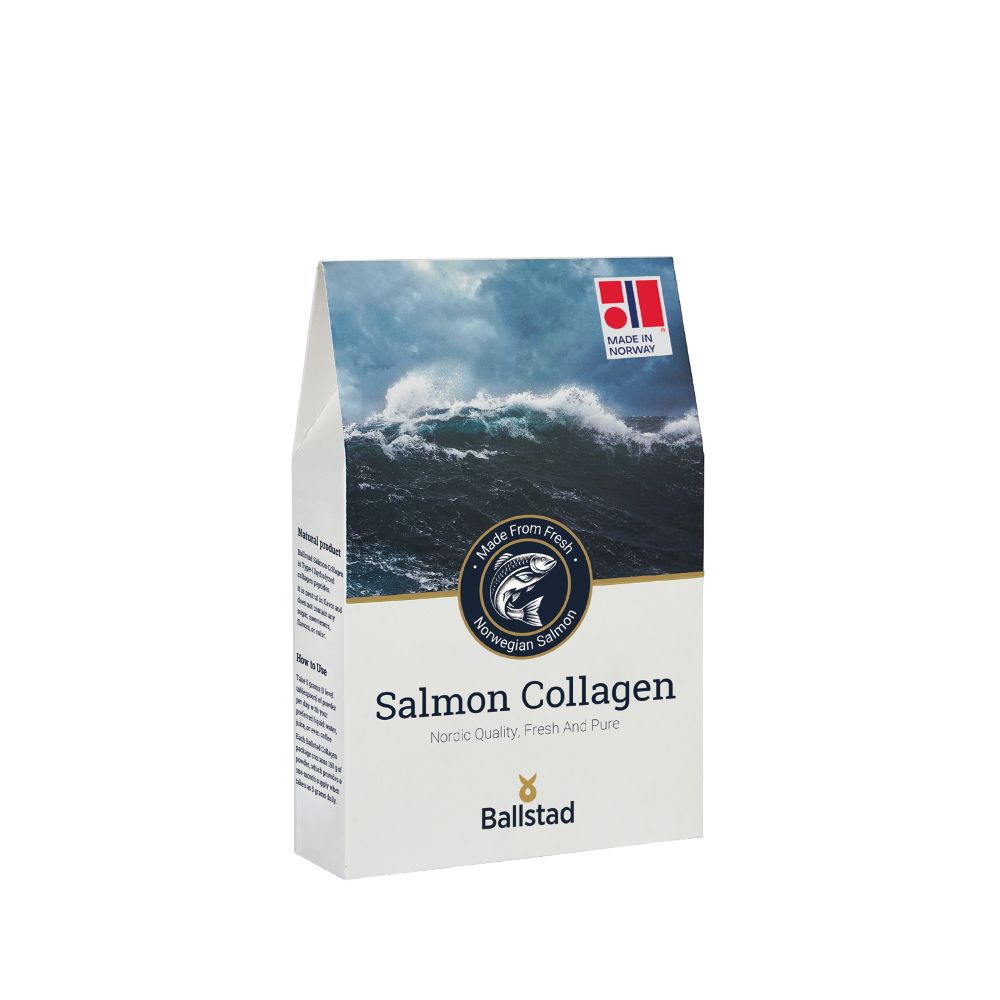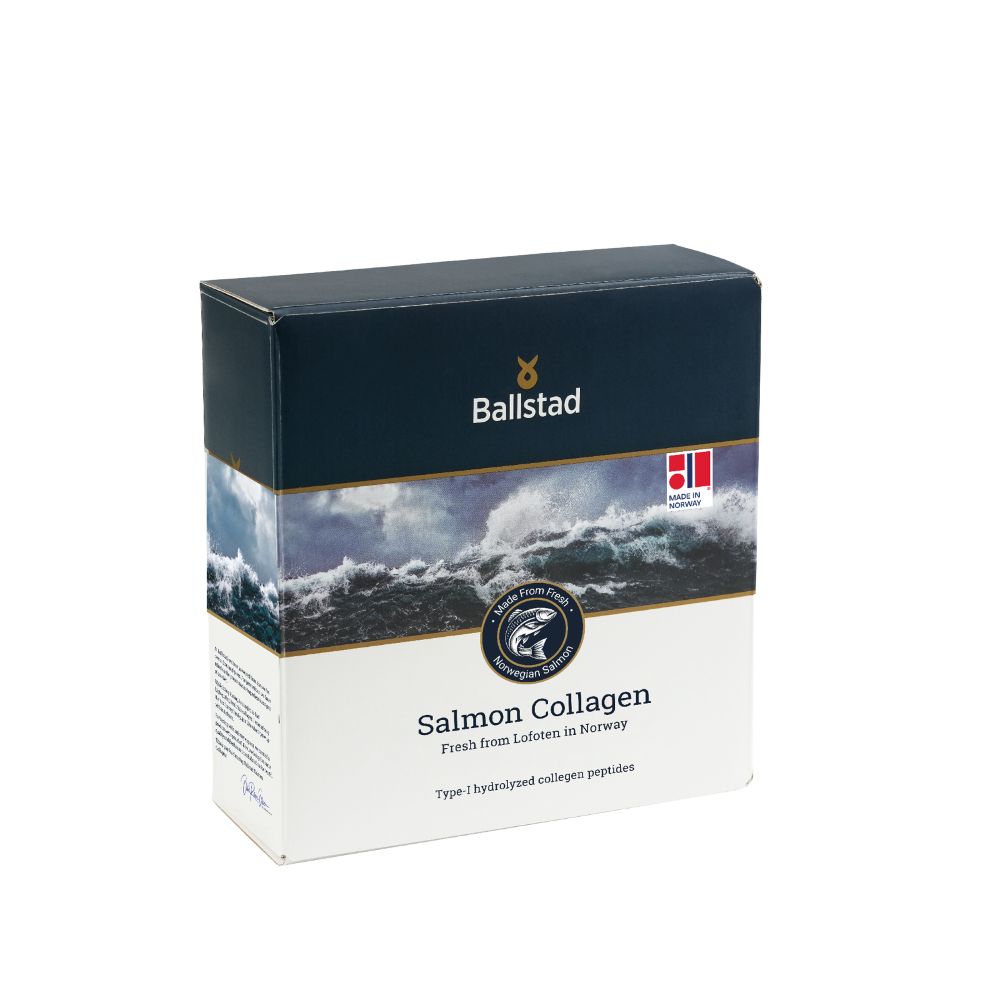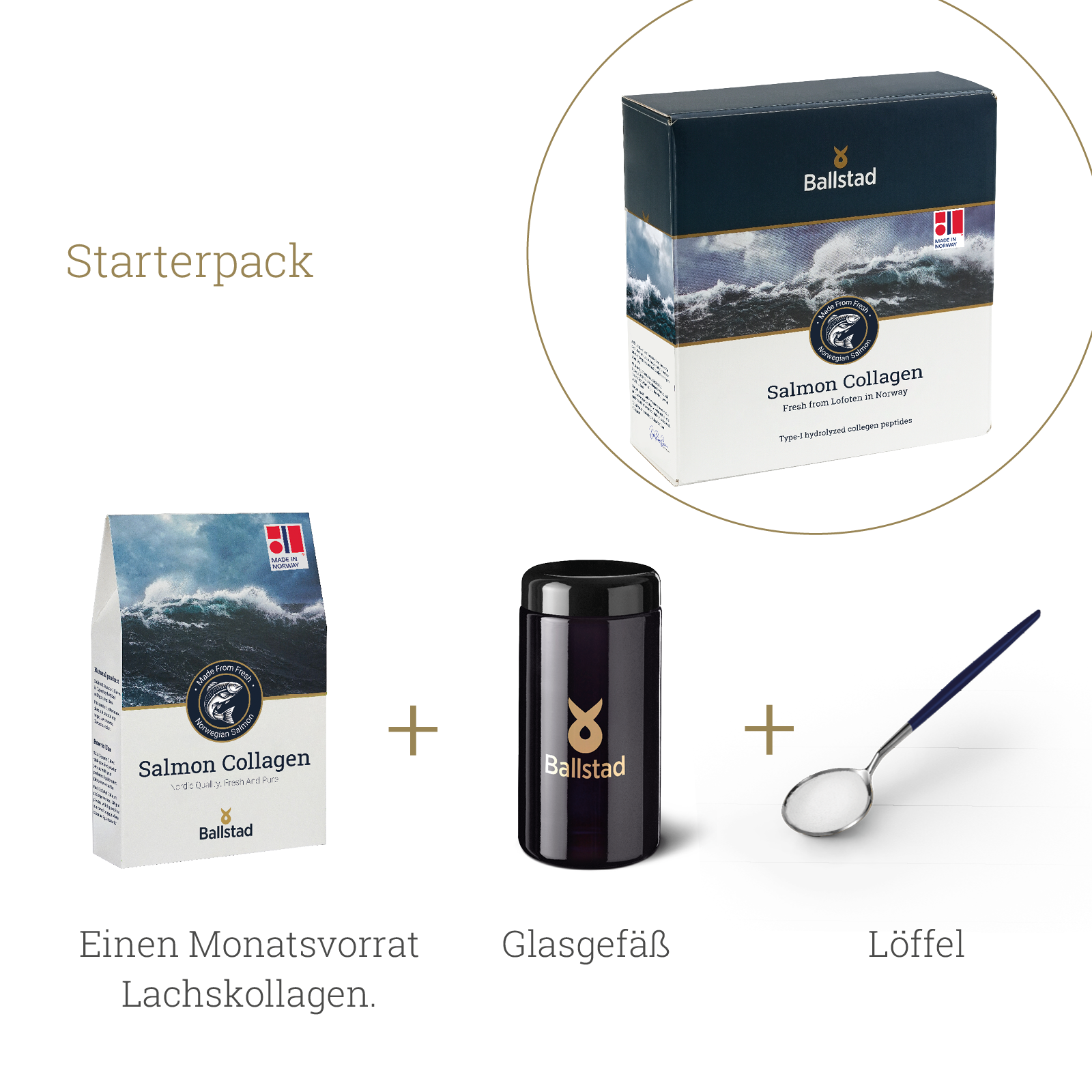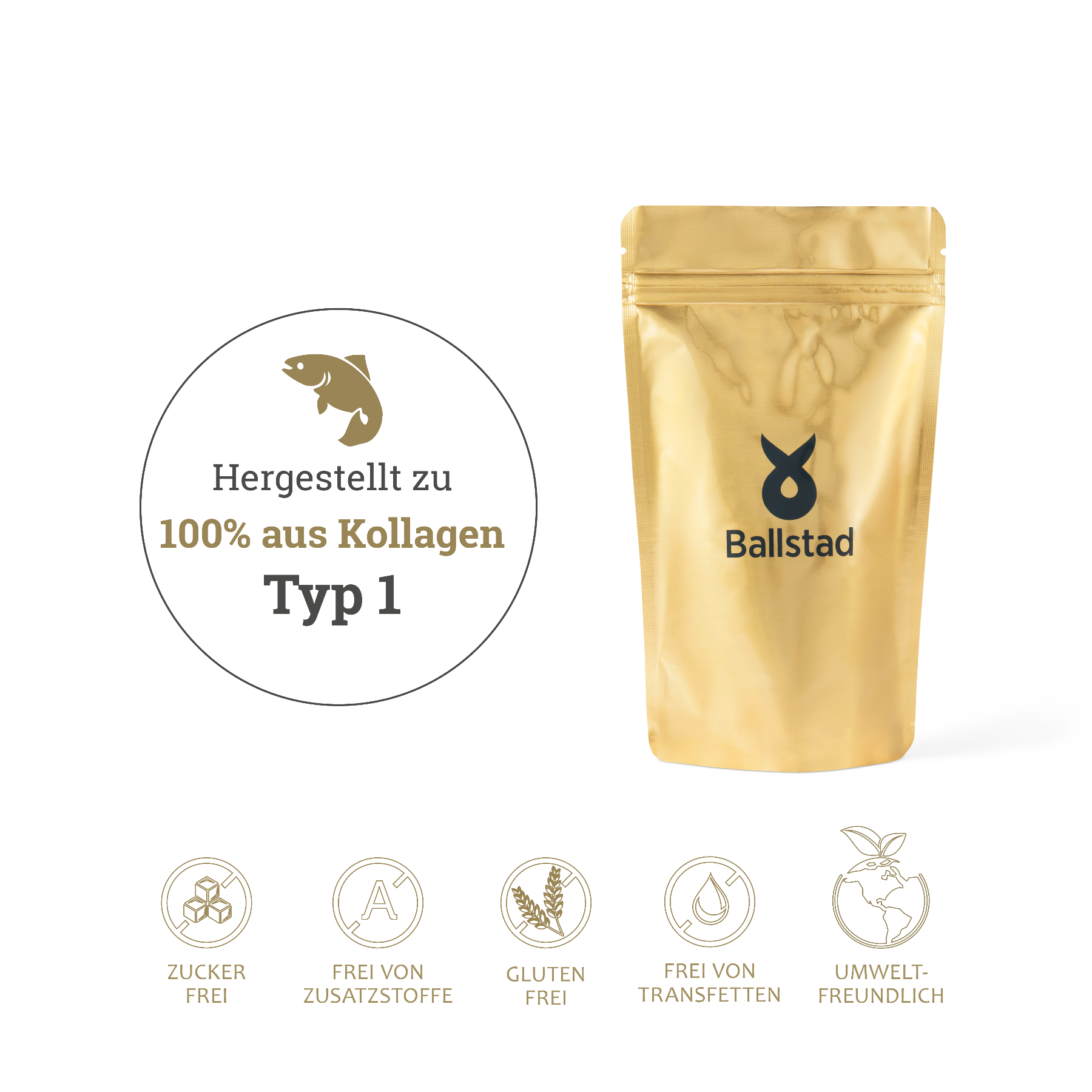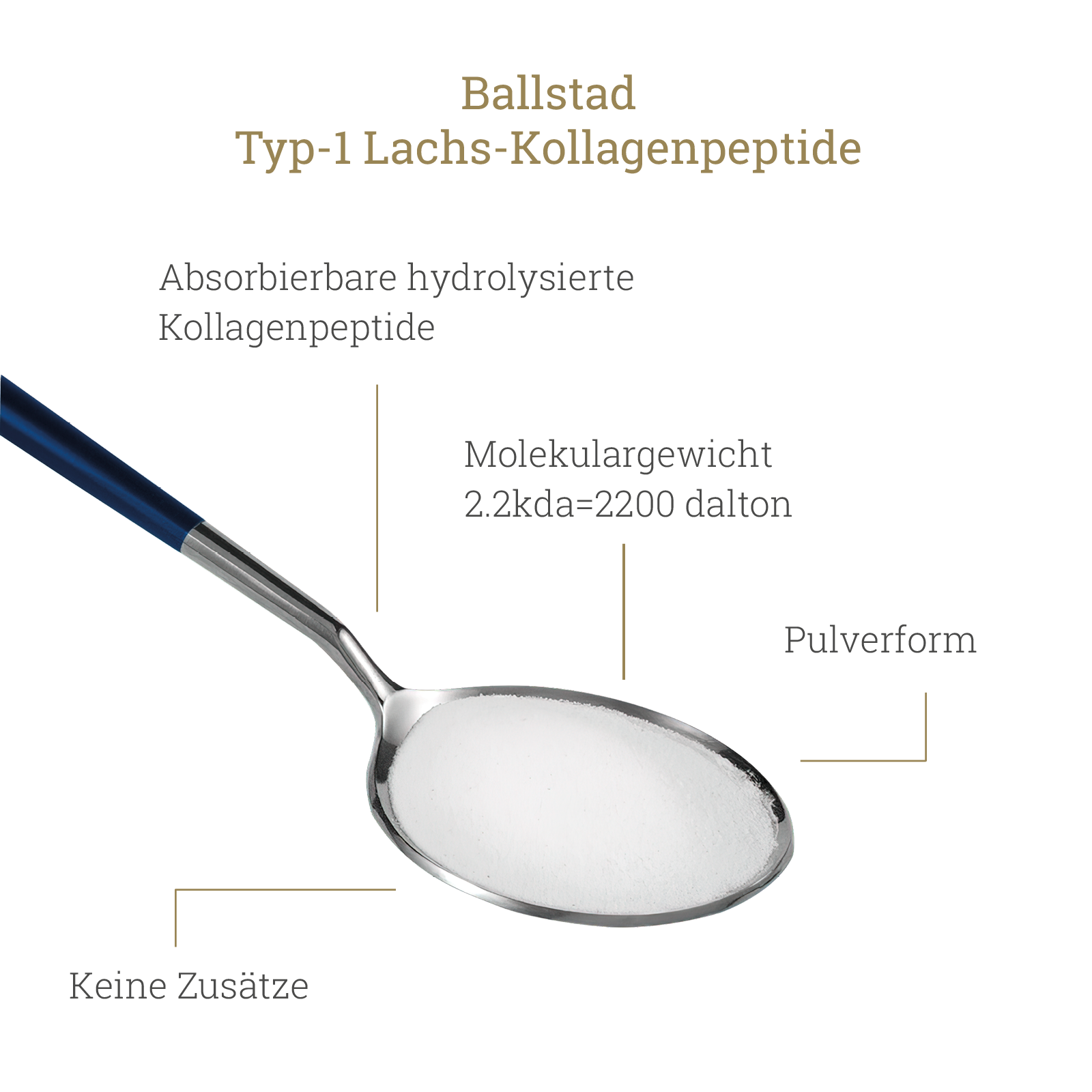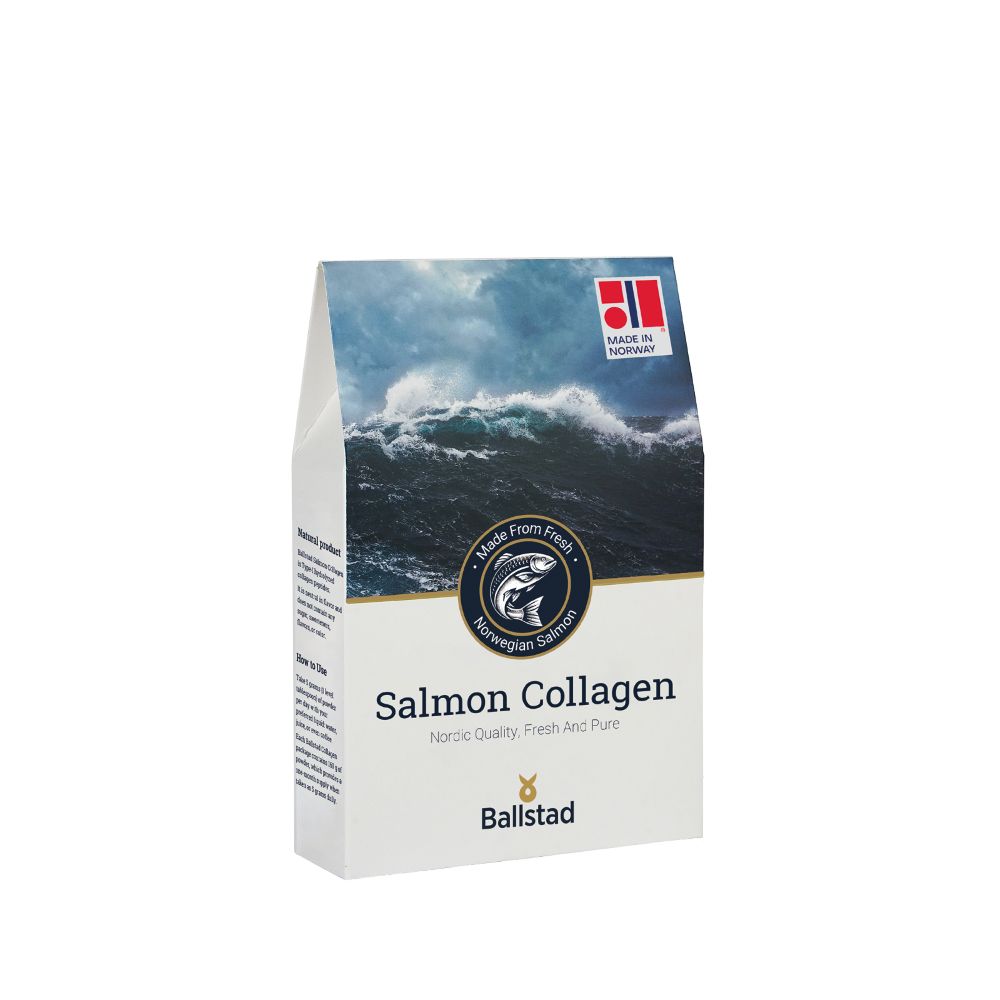As we age, the body's own collagen production slows down. This can cause skin to lose elasticity, and the first signs of wrinkles become more noticeable. The good news: With a balanced diet, a healthy lifestyle, and high-quality collagen supplements, you can provide targeted support for your skin—all without exaggerated promises.
Why collagen is important for the skin
Collagen is a key structural protein and makes up around 70% of the skin. It contributes to firmness, elasticity, and moisture balance. However, from around the age of 25, the body produces less collagen, which makes natural skin aging more visible.
Nutrients that support the body's own collagen production
-
Vitamin C – important for collagen synthesis (e.g. in oranges, peppers, broccoli)
-
Protein sources with proline and glycine – such as bone broth, eggs, poultry
-
Zinc and copper – contribute to normal cell function (e.g. pumpkin seeds, almonds, cashews)
-
Antioxidants – protect cells from oxidative stress (e.g. blueberries, grapes, green tea)
Collagen supplements – a possible supplement
Hydrolyzed collagen, also called collagen peptides, is particularly well absorbed by the body. Studies suggest that regular use for at least 8–12 weeks can support skin moisture and elasticity.
Lifestyle tips for collagen-friendly skin
-
Use sunscreen – UV rays can break down collagen.
-
Avoid smoking and excessive alcohol consumption – both can inhibit collagen production.
-
Sufficient sleep – during sleep, growth hormone promotes cell renewal.
-
Regular exercise – improves blood circulation and thus the supply of nutrients to the skin.
Conclusion
A healthy diet, good skincare habits, and—if desired—supplementation with high-quality collagen peptides can support the skin's structure from within. This keeps the complexion fresh and vital, in complete harmony with the body's natural processes.

